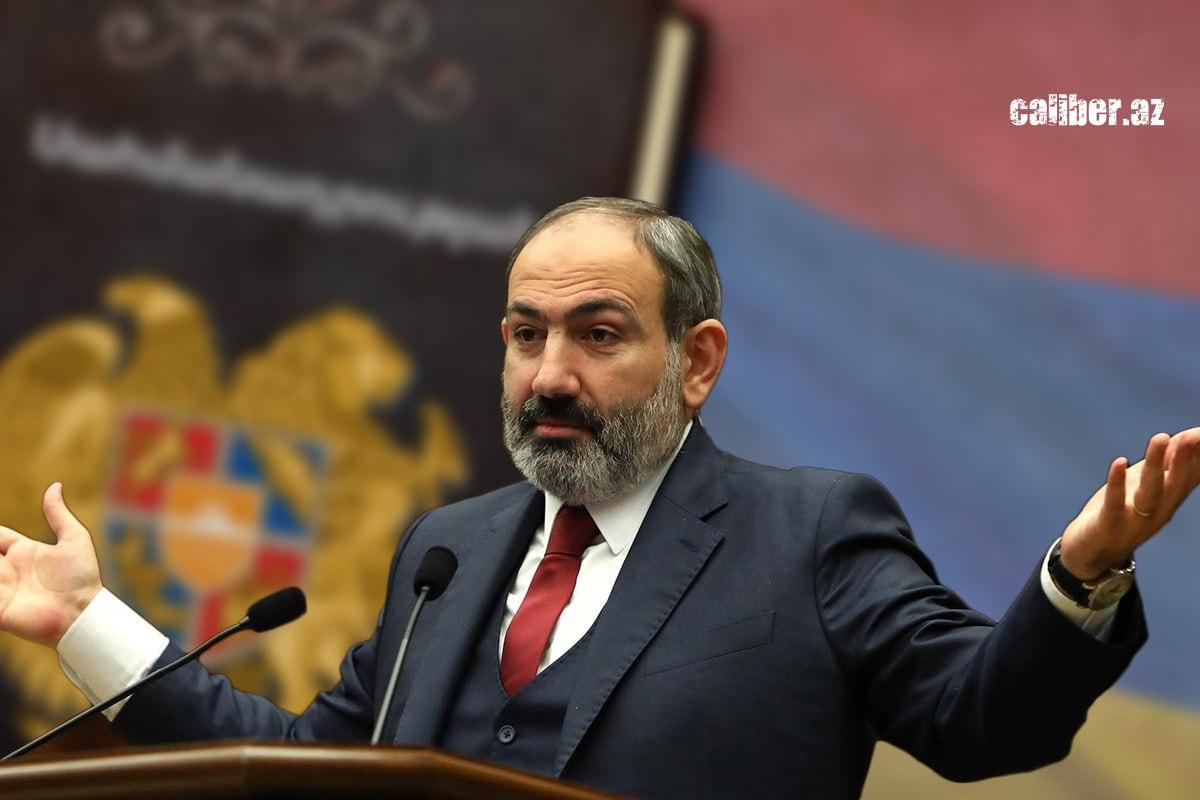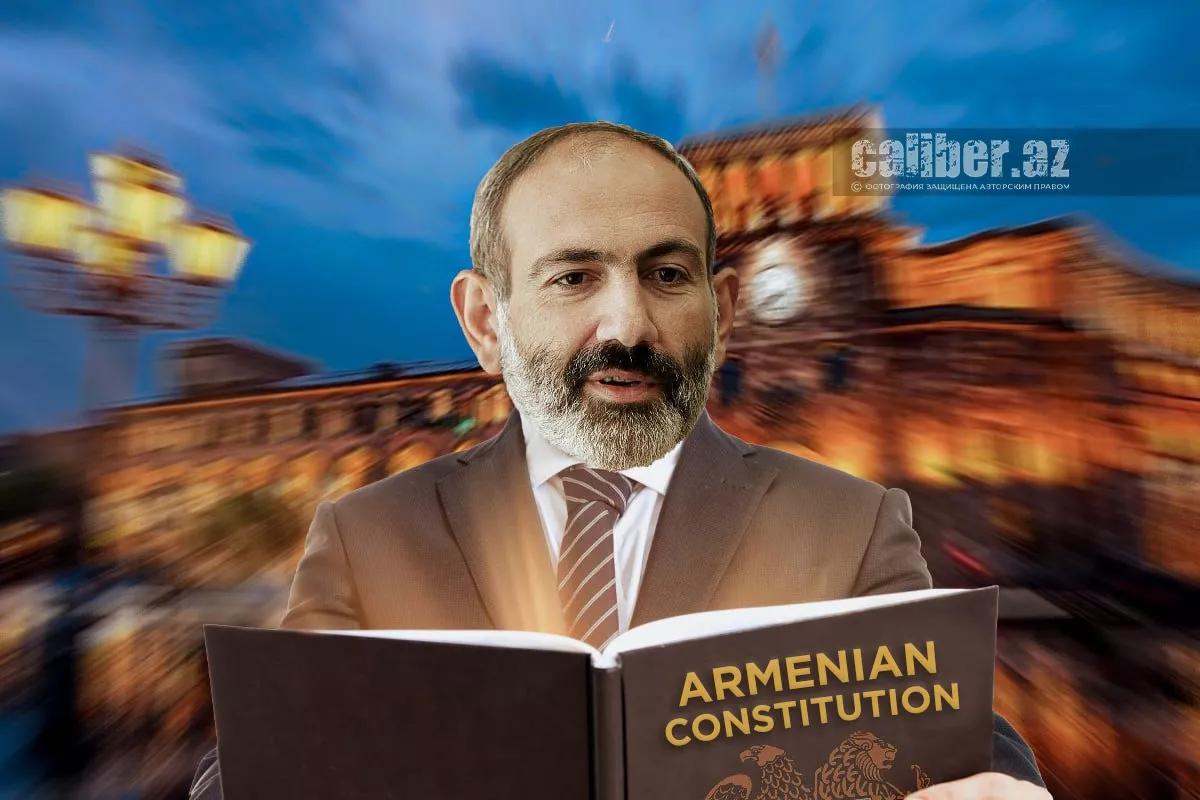From Democritus to Pashinyan Confusing primary and secondary issues
Today's discussion will delve into another perplexing statement by Armenian Prime Minister Nikol Pashinyan. However, before addressing his remarks, let's take a brief detour into ancient philosophy. The Greek philosopher Democritus once made an insightful observation about the distinction between primary and secondary qualities: "Sweet is sweet by convention, bitter is bitter by convention, hot is hot by convention, cold is cold by convention, color is color by convention. But in reality, there are only atoms and the void."
Democritus’s ancient dilemma concerning the relationship between subject and object highlights the contrast between subjective experience and objective reality. In the modern era, thinkers like Galileo, Descartes, Hobbes, and Spinoza revisited this doctrine, contrasting the objective reality, which is conceptual, with the rich variety of sensory qualities.
Prime Minister Pashinyan, perhaps unwittingly, seems to echo Democritus’s theory. He has applied this philosophical perspective to the issue of signing a peace treaty between Azerbaijan and Armenia. Pashinyan has been fixated on this subject for some time, seemingly attempting to demonstrate that, according to popular opinion, a fundamental truth exists: treaties between states are concluded only after all terms are agreed upon.

"We stated that the 'peace treaty' contains 13 articles that are fully agreed upon, the preamble and title of the treaty are also completely agreed upon, while 3 articles are partially agreed upon. There is still one article that remains unresolved," he said during a government session in parliament on September 11.
As we can see, nothing new was revealed. The longer this situation drags on, the more it seems that Pashinyan does not need opponents. He appears comfortable delivering a monologue where everything seems ready for the signing of a peace agreement between Baku and Yerevan. However, in evaluating such scenarios, world literature classic Slawomir Mrożek once remarked: "I find it hard to see a discussion partner in you — you have a hallucination."
Indeed, Armenian Prime Minister Pashinyan seems to be hallucinating. He believes that substituting secondary issues for primary ones will somehow lead to a resolution. He stubbornly refuses to acknowledge the demands set by Baku. Azerbaijan has clearly stated that two major obstacles are preventing the signing of the peace treaty: Armenia’s refusal to officially dissolve the OSCE Minsk Group and Yerevan’s refusal to amend the Armenian constitution.

Azerbaijan has repeatedly and clearly justified its demands. The OSCE Minsk Group is no longer needed because the Karabakh conflict is a thing of the past. The Minsk Group, created to resolve the Armenian-Azerbaijani conflict and restore Azerbaijan's territorial integrity, failed in its mission. Azerbaijan, adhering strictly to international law, has restored its sovereignty and territorial integrity independently. Therefore, there is no valid reason for the Minsk Group to continue existing. Yet Pashinyan stubbornly refuses to officially renounce its services. Why? The answer is clear: France, under Macron, opposes this outcome. France provides political, financial, and military support to Armenia and is keen to maintain its influence in the region by backing Yerevan’s revanchist ambitions.
The Armenian government's reluctance to amend its constitution, which includes territorial claims against Azerbaijan, further indicates these ambitions. We have heard numerous excuses, manipulations, and outright lies from Pashinyan. What has been missing is a straightforward commitment to remove the main obstacle to signing the peace treaty.
“The Azerbaijani side is now saying: ‘No, there are important issues that need to be addressed. Our question is: once we address these issues, will there be no more important issues? Will we have resolved all important issues or not?’” — Armenian Prime Minister Nikol Pashinyan continues to bolster his image as a demagogue.
This is a clear example of how Nikol Vovaevich has immersed himself in the debate over primary and secondary issues. He has taken a rather unique approach to engaging with Democritus’s theory. However, the situation can be resolved quite easily. What is needed is political will and the implementation of Azerbaijan’s reasonable demands. Pashinyan would likely be surprised at how quickly this would accelerate the signing of the peace treaty. Instead, we are witnessing delays caused by his misunderstanding—or misrepresentation, whether intentional or not—of what constitutes primary versus secondary issues.








